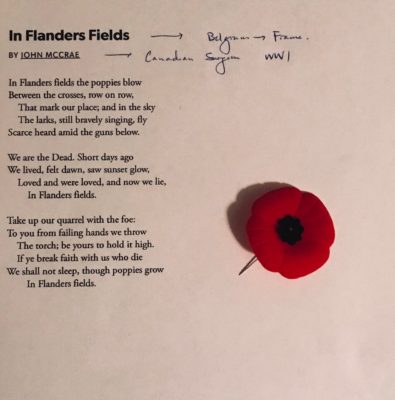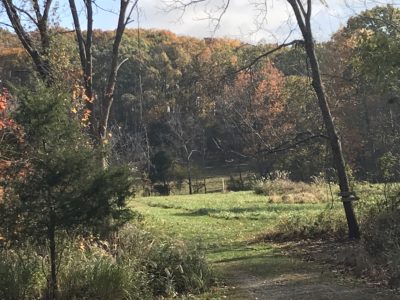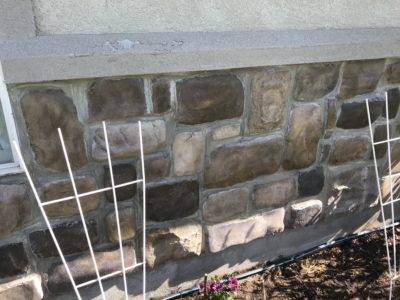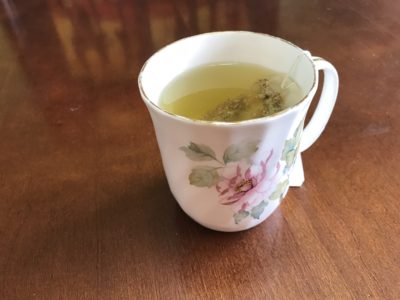
The Remembrance Day ceremonies that I’ve most enjoyed over the last 15 years have been the ones that took place on a small island, Bowen Island, British Columbia. Often I’ve been there with my friends Chris and Caitlin, who live on the island. It feels like so many of the islanders make effort to participate. They gather. For prayers. For appreciations. For a bit of silence. Some for a whiskey toast to honor family and loved ones. Huddled in winter jackets, rain coats, gloves, mittens, hats. Huddled as community. Remembrance Day in Canada honors loss, hope, indignity, and dignity — it calls people to remember war and invoke a possibility of added peace and community.
This year for Remembrance Day, yesterday, I was at my home in Utah. It is Veteran’s Day in the United States. I listened to a program at 11:oo a.m. and joined in moment of silence to offer appreciation, and a bit of grief, and I suppose a bit of courage for how so many of us are trying to evolve the human community.
I’ve always loved the poppies that are common in Canada and other Commonwealth Countries for Remembrance Day. Pinned on lapels, colors, bags. And I’ve always loved this poem, written in World War One by a Canadian soldier and surgeon, John McCrae, that speaks of WWI battle grounds near Northern France and Belgium.
Here’s to remembering. Loss, and hope, and simple commitments that mark us.
asdf
In Flanders Fields
John McCrae



